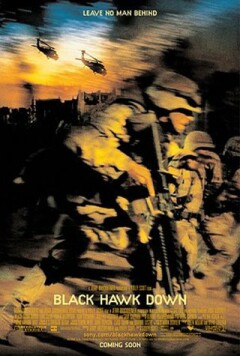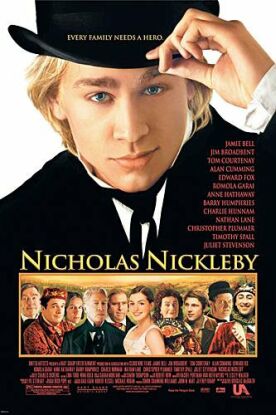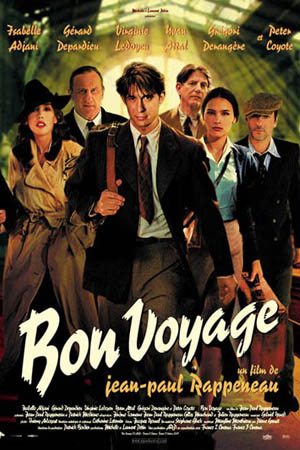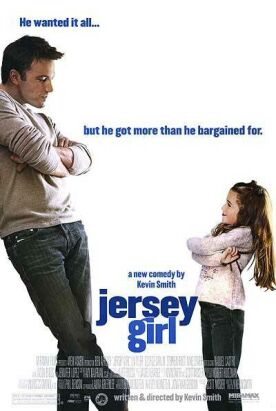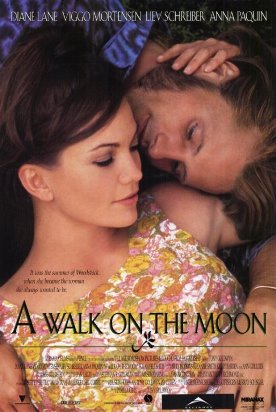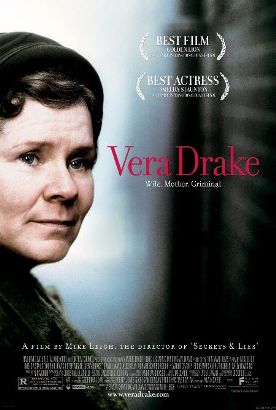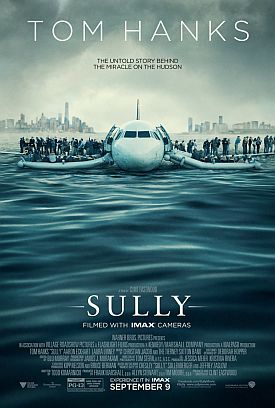Black Hawk Down
There is a kind of professional courtesy in the movie-reviewing business whereby one doesn’t criticize one’s fellow-critics for their view of a particular film. But as I now have reclaimed my amateur status, I don’t mind mentioning the sneering review of Black Hawk Down by Elvis Mitchell in The New York Times for what it tells us, not about the movie but about Mr Mitchell and the New York Times. They are, of course, entitled to their opinion, but not to think so highly of it that it causes them wilfully to mischaracterize the movie they are supposed to be reviewing. And to call Black Hawk Down an exercise in “jingoism” or to suggest that it is “incoherent militaristic propaganda” which “wants to be about something” but is not, seeming instead “to choose futility arbitrarily” is one of the most stunning mischaracterizations I have ever seen in a movie review.
Either Mr Mitchell has not understood what he has seen or he has not seen it at all. And why should he bother, after all, when what he means to write about is his own views of war and military men rather than the movie’s? Some might disagree with me if I were to call these views incoherent pacifist propaganda, but there can be no question that they come between us and any fair representation of the movie that the Times is supposed to be reviewing. It’s not as if we couldn’t find more legitimate if not necessarily better-reasoned expressions of similar opinions elsewhere in the paper. At least the Times editorial writers generally have some grasp of the distinction between fiction and reality.
“The lack of characterization,” writes Mitchell, for example, “converts the Somalis into a pack of snarling dark-skinned beasts, gleefully pulling the Americans from their downed aircraft and stripping them. Intended or not, it reeks of glumly staged racism.” Converts? But the Somalis happen to be dark-skinned and, on the occasion represented in the movie, they did exactly what they are represented as doing here. It is Mitchell who “converts” them into “dark-skinned beasts.” In the movie they simply look like what they were, a ferocious and blood-thirsty mob whose race had nothing to do with their hatred of Americans. By all means argue that they had good reason to hate them. That, at least, is arguable. But to imply that it was all a matter of “glumly staged racism” is simply to ignore both the reality of what happened and what the film was trying to do, which was to represent it more-or-less accurately from the soldier’s point of view.
Did the film succeed? You’d never be able to tell from Mitchell’s review. As he doesn’t recognize that there is a reality being depicted, he can hardly judge of the film’s success in depicting it. Instead, he falls back on such formulations as “glumly staged racism” or “jingoism” or “militarist propaganda” which are doubtless obtainable off-the-shelf from the New York Times’s typesetters and are applicable to any situation more or less at will. Can even those movie goers who share Mr Mitchell’s political opinions feel that they have been well-served by such a review? Consider, too, that remark about the “lack of characterization.” In other words, a movie about men at war, in which their individual psyches are necessarily subordinated to the needs of the unit, should instead be made to look like a soap opera. What binds them together may be more boring to Mr Mitchell than what differentiates them, but it seems silly to complain that a movie which is avowedly about the former should not have been instead about the latter.
“The actors,” says Mr Mitchell, “are mostly called upon for the kind of ‘it’s a man’s man’s man’s man’s world’ sloganeering before heading off to fight that characterizes most Bruckheimer films: dated martial wisecracks of the ‘Let’s rock ‘n’ roll’ variety.” He then goes on to claim that the film is “meaningless.” In other words, neither its “sloganeering” — of which he provides no examples — nor its “man’s man’s etc” point of view rises to the level of a meaning. This is perhaps because it is “dated.” Interesting choice of words, that. So that if in its dire necessity a group of men under fire speak like other men under fire throughout the ages, the only thing that Mr Mitchell can find to say about the fact is that their fashion sense is deficient. Whenever someone starts talking about attitudes concerning honor or morality as “dated” you can be pretty sure that some dirty work is afoot.
Some might think that it is actually Mitchell’s kind of politically-motivated, post-Vietnam pacifism which now looks more dated. And it is particularly unfair to a film which goes out of its way to leave politics out. There is a mention, it’s true, of the fact that light armor and AC130 gunships had been requested, but “Washington in all its wisdom” had decided against sending them. But there is no mention of Bill Clinton or his secretary of defense at the time, Les Aspin, whose decisions are being referred to here. And you’d be hard put to it to deny that the following dialogue between two soldiers facing an angry mob approaching them was without some political point:
“Why aren’t you shooting?”
“We’re not being shot at yet.”
“How can you tell?”
“A hiss means it’s close.” Just then a bullet flies past their heads. “Now they’re shooting at us.”
But unless you count a wry aside from a Somali militiaman to his American captive who has refused the offer of a cigarette (“That’s right, none of you Americans smoke anymore. You all live long, uninteresting lives”), this is just about the extent of the film’s discussion of the political background to the Delta force and Ranger presence in Somalia in 1992-93. The same militiaman who offers the cigarette also says that “without victory, there can be no peace. There will always be killing; this is how things are in our world.” That is not politics but fate. And even Elvis Mitchell could hardly deny that it is true.
When Ridley Scott, the director, intercuts the scenes of battle in the streets of Mogadishu with shots of a warlord with a cigar and a glass of tea, it may seem to the likes of Elvis Mitchell to have no point. But of course the point is the very pointlessness to the men who are facing the bullets of the men who wield the power which has put them there. Mickey Kaus, one of those who thinks that the film skates over the fact that the battle of Mogadishu was “a tragic fiasco” quotes Joe Roth, head of the studio that made the movie, as saying that “It’s not America’s darkest hour, but America’s brightest hour” as if this were merely PR hype. But surely, it could be both. Politically it was a fiasco, but militarily, from the point of the men who did their jobs and did them heroically, it was a triumph, just like the utter defeat of the Spartan 300 at Thermopylae.
One of the soldiers, the toughest and wiliest of the Delta force boys called Hoot (Eric Bana), puts it succinctly: “Once that first bullet goes past your head, politics and all that s*** just goes right out the window.” When people back at home ask him if he is some kind of “war-junkie,” he says, he doesn’t even answer. “They don’t understand why we do it . . .They don’t understand it’s about the men next to you. That’s all it is.” Black Hawk Down is a movie about this elementary truth, and like most movies that get down to elementary truths it is a great one. In fact, it is because it is so effective at portraying the glory as well as the horror of war that someone like Elvis Mitchell, someone like the New York Times, is bound to hate it.
Discover more from James Bowman
Subscribe to get the latest posts to your email.

